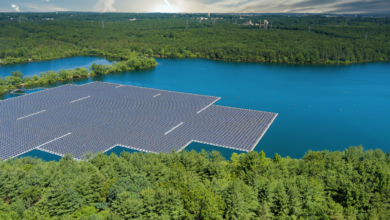Green hydrogen from waste water, if energy meets water safety
The economic and environmental benefits of producing green hydrogen from waste water
(Sustainabilityenvironment.com) – Green hydrogen – produced through the electrolysis of water – is now a ubiquitous component in decarbonization strategies worldwide. But the intensification of global warming and its effects on rainfall and water availability today raises several challenges for this technology. That is why today there are those who look for non-traditional water sources to feed the process. This is the case of a group of engineers at Yale University who studied the potential of wastewater in the production of green hydrogen. In an article published in Environmental Science & Technology, the team showed that energy and the costs of treating non-traditional water sources – such as seawater, municipal wastewater, industrial and mining – are negligible compared to those for electrolysis.
In detail, scientists evaluated the implications of electrolysis distributed on a small scale using dispersed and non-drinkable water sources. A more distributed infrastructure is particularly favorable in places where drinking water is scarcer, as it would avoid drawing on sources of drinking water. And to create green hydrogen in a series of smaller sites instead of a central hub would mean being able to reduce the transport, one of the greater costs in the distribution of the carrier.
“Once you get about 40 kilometers [ away], more than half of the CO2 emissions from the whole process can be attributed to the transport [of the H2],” explains Professor Lea Winter, principal author of the publication. “This highlights why we might want to keep a smaller scale. But to do so, we want to be able to use non-traditional decentralized water sources”.






